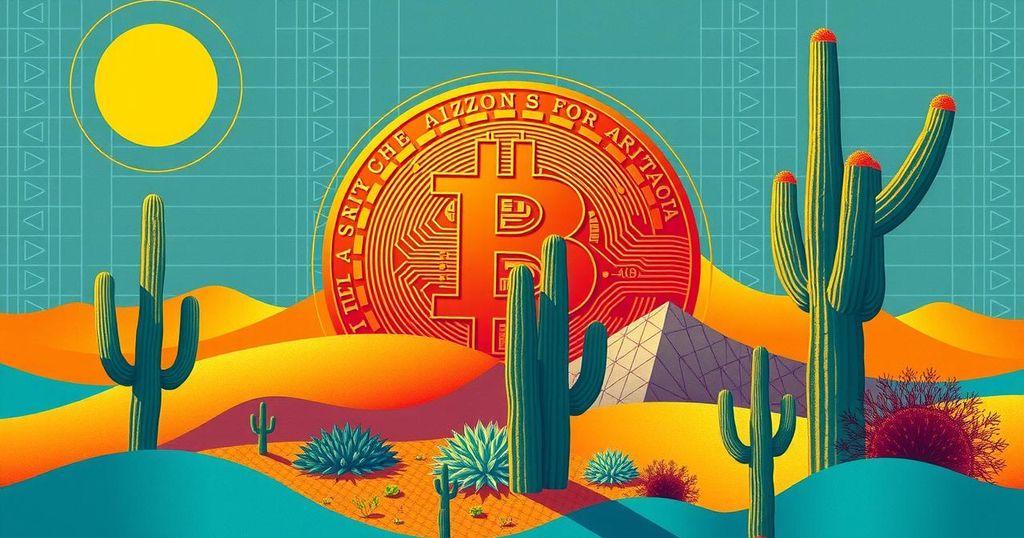Arizona Senate Passes Bill to Create Bitcoin and Digital Assets Reserve Fund
The Arizona Senate has passed House Bill 2324, aimed at creating a Bitcoin and Digital Assets Reserve Fund for seized assets. The bill provides various options for handling these digital assets, amends state forfeiture laws, and establishes modern custodial standards. This comes after some earlier efforts, including House Bill 2749, which is the only Bitcoin reserve bill signed into law by Governor Katie Hobbs.
In a significant move, the Arizona Senate has passed House Bill 2324 (HB2324), geared towards establishing a state-managed Bitcoin and Digital Assets Reserve Fund for assets seized post-criminal activity. This legislation emerged from earlier efforts, having initially been introduced in February and previously stalled in the House. After some procedural discussions and a narrow 16–14 vote in the Senate on Thursday, it now heads back to the House to await a final vote.
The proposed reserve fund would be overseen by the state treasurer and aims to efficiently manage digital assets obtained via criminal forfeiture. The legislation formulates three alternative courses for handling the seized assets: securely storing them in state-approved wallets, selling them through licensed crypto exchanges, or retaining them. The selections would be influenced by market conditions and security considerations.
Moreover, HB2324 amends Arizona’s forfeiture laws, tidying up regulatory standards and ensuring a modern approach to custodianship of digital assets. It includes frameworks for blockchain protocol and involves qualified third-party custodians for those assets. Additionally, it sets out a distribution plan whereby the initial $300,000 generated from sales goes directly to the Attorney General’s Office, with subsequent proceeds shared between the Attorney General, the state general funds, and the new fund.
The legislation wouldn’t just sit idly; it also paves the way for fund assets to be invested in digital assets or crypto ETFs, with any earnings contributing back to the state. This represents a significant step for Arizona in the realm of digital asset management.
Interestingly, while Arizona is making strides, there has been political tension surrounding cryptocurrency legislation. Earlier in May, the state had its first Bitcoin reserve bill signed into law with the passing of House Bill 2749 (HB2749), which also establishes a managed fund for Bitcoin and digital assets from various sources. Surprisingly, HB2749 remains the only Bitcoin reserve bill that Governor Katie Hobbs has signed so far.
However, Hobbs did hit the brakes on several crypto bills earlier this month, including a veto of Senate Bill 1025, limiting state investments in digital currencies such as Bitcoin. Following this, she blocked Senate Bill 1373, which aimed to set up a Digital Assets Strategic Reserve Fund, and also vetoed Senate Bill 1024, which would have allowed state agencies to accept cryptocurrency for various payments.
On a more positive note, on the same day she issued these vetoes, Hobbs did sign House Bill 2387 into law, which provides consumer protection measures for crypto kiosks (or crypto ATMs) operating in Arizona. This adds another layer to the state’s approach to digital assets, despite some setbacks.
In summary, Arizona continues to explore the integration of digital assets into its financial framework, amidst a mix of progress and challenges, reflecting the ongoing national conversation about cryptocurrency regulation.




Post Comment